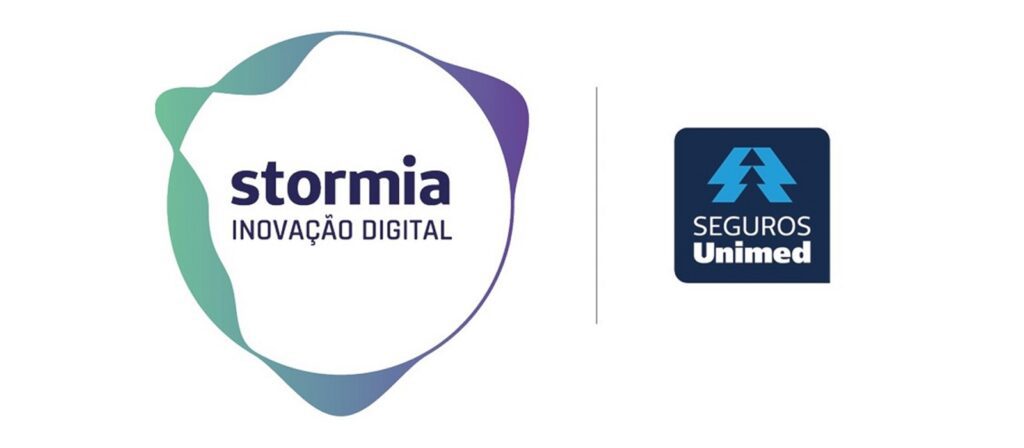ICMIF member Seguros Unimed (Brazil), the insurance and financial arm of the Unimed System (the largest medical cooperative system in the world), has been investing heavily in the use of Amazon Web Services (AWS) cloud tools for the storage, processing and availability of data using data lakehouse architecture. The goal, in addition to reducing costs and complying with the rules of the General Data Protection Law, is to concentrate access to the company’s data on a single platform and in an increasingly friendly way to its employees, and in that way, to become a more data driven company.
The data lakehouse architecture emerged in the market aiming to replace the dependence of companies on the use of data lakes and data warehouses – concepts of storage of unstructured and structured data, respectively, that differ from each other in terms of purpose, structure and use. Data lakehouse combines the scalability and flexibility of one with the performance and governance of another, so that teams and business areas have optimised access to data in a standardised way. With this, they not only achieve a better cost-benefit, but they start to better manage their information.
Knowing the scenario
When dealing with sensitive customer data in five business areas – Health, Life, Dentistry, Social Security (open and closed) and Elementary Branches (with property and medical liability insurance), Seguros Unimed identified the need to improve the management of its resources and adapt to the General Data Protection Law standards from the use of state-of-the-art technology, associated with open source tools, known for their more attractive costs.
After carefully analysing the scenario, the company opted to migrate its entire database to a single platform, under the data lakehouse model, making use of AWS technology, with which it has been working since 2021. From here, it is possible to work with the data in a more centralised and standardised way; reducing costs – one of the main objectives of the project; obtaining all other possible gains; maintaining compliance with the General Data Protection Law, and configuring a significant improvement in governance.
“Before, it was a more complex process, since the data was stored and processed in different data warehouses, hindering not only the governance, but the quality of the information generated from this data, not to mention the high cost of this type of management – which is common in on-premise applications. The decision to migrate everything to the data lakehouse and with the support of AWS was taken in order to reinforce the company’s commitment to using advanced technologies to better serve its policyholders and users,” explains Wilson Leal, Director of Market and Technology, Seguros Unimed.
“We wanted to offer Seguros Unimed a more advantageous way to use our technologies, allowing us to optimise the use of machine resources and reduce costs compared to on-premise implementation. By the way they have been conducting this process since then, the company was very successful in its strategy, generating a huge benefit for those at the other end, which is the end customer, since the secrecy and security of their data will continue to be guaranteed, now at an even higher level,” says Paulo Cunha, Managing Director, Public Sector, AWS Brazil.
Culture change
The migration process to AWS took about a year and a half to complete its first phase, with the involvement of several areas of the company, such as risk, compliance, IT data management, infrastructure and information security. In addition to the costs of storing and processing data, another challenge was to make using the tools easier. Therefore, Seguros Unimed has taken advantage of the change to stimulate a corporate culture based on data, with the creation of a data lab as one of the actions of Stormia, the hub created to foster innovation in the company, which will help encourage learning and training in other areas.
The Stormia data lab started with the training of Data Robot, Power BI and EMR Studio tools, prioritising the Health team, which is responsible for the company’s highest revenue. There is already a training plan for other employees, according to the innovation strategy.
The company currently has about 1,6 employees, but this does not mean that everyone will be trained, as it is something that will depend on the demand of each area and at different levels of knowledge. “In any case, the training will be a continuous process, as new employees arrive at the company and there is a need for training for them,” explains Daiane Maciel, IT manager of Data Management at Seguros Unimed.
The company has completed the process of migrating its data to the bronze layer of the data lakehouse. The initial phase, in the Health area, is being used as an example to make the necessary adjustments to be applied in the other lines of business. Regarding the gains, in addition to the innovation obtained and associated with the culture within a business model based on data, Seguros Unimed estimates that, only in relation to fraud, it will have a saving of about BRL 7 million per year.
For Seguros Unimed, having AWS as a partner in this process was fundamental for the delivery to happen within the planning that the company defined internally. “They were great learnings, which provided the company with greater interaction and speed in deliveries,” concludes Daiane.






